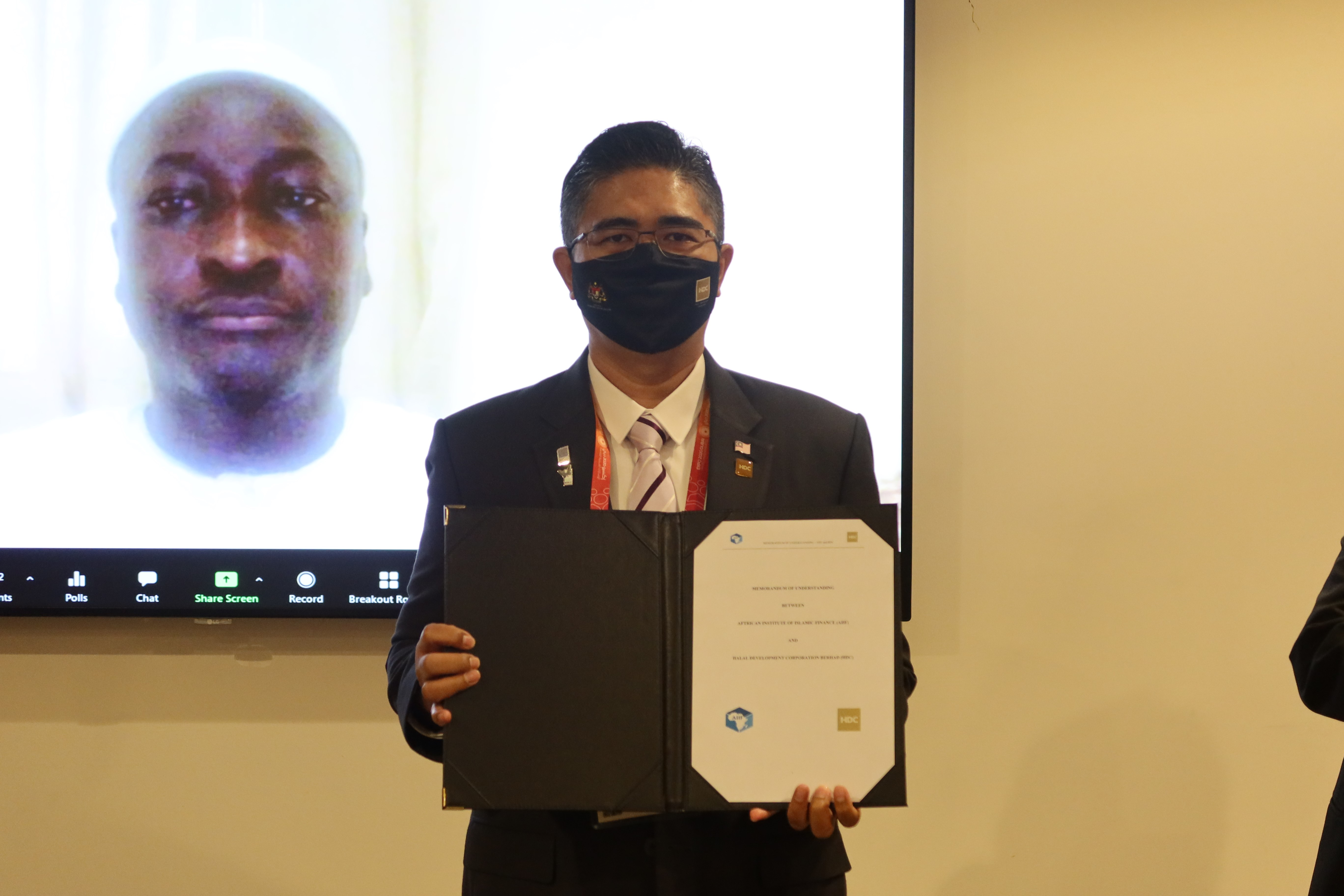‘This
is a market niche and hotels in such niches actually tend to do even
better than standard hotels,’ said Khalid A. bin Sulayem, director
general of the Dubai Department of Tourism and Commerce Marketing at
the launch today.
‘Tamani is the first branded UAE Islamic hotel operator promoting
Arabic hospitality and Islamic values. The main problem in this market
is a shortage of capacity both in terms of hotels and also on some
routes for this kind of visitor there are not enough flights at
present.’
Anybody familiar with upscale Dubai apartment towers will feel
instantly at home in one of the 209 two, three and four bedroom
apartments, some of which enjoy panoramic views over the Palm Jumeirah
and the Jumeirah beach hotels.
Functional finish
The finish is functional rather than
ostentatious, albeit with Arabic touches and art works exclusive to the
hotel which is owned by the Al Rostamani Group. The floors are tiled
and the bathrooms have marble washstands. There is ducted
air-conditioning through-out and the kitchens are well fitted with
quality stainless steel appliances.
However, at 225 square metres, the three-bedroom apartments are
good value-for-money in comparison for this amount of space in a
standard five-star hotel. Rates range from around Dhs3,000 up to
Dhs12,000 a night for the four-bedroom penthouse.
There is also a splendid gymnasium and two swimming pools, indoor
and outdoor with fitness trainers on hand, as well as a ladies floor
with special amenities for female guests who will be served by female
staff only.
Naturally alcohol will be banned from the halal-food restaurant on
the first floor when it opens, although Dubai is a liberal city and if
guests wish to drink alcohol in their own apartments this is a matter
for them to decide. The hotel says it also welcomes non-muslims
visiting Dubai for business or leisure.
Tamani was launched as a hotel chain last year during the Arabian
Travel Market and has three more hotels under development in Dubai and
plans to roll out 15 hotels over the next five years around the region.
Alcohol ban
Shariah compliant hotels suffer from the loss of
revenue associated with alcohol sales, but the lower staff costs
associated with an all apartment hotel is one way to offset this
problem for operators.
The typical guest is likely to be a Gulf national of traditional
values travelling with his family who wants to stay apart from some of
the indulgences usually found in five-star hotels and not to have to
mingle with Western tourists.
Serviced apartments also offer considerable privacy and the
facility to dine in rather than have to go to a restaurant. This can be
very handy with small children, and hotels like the Tamani have an army
of staff to call upon when needed for catering or baby sitting.



